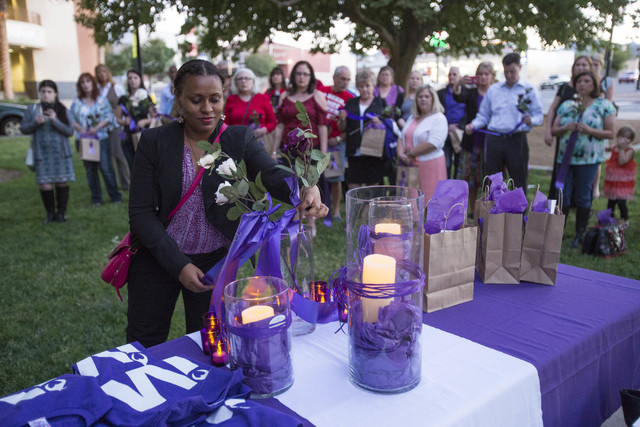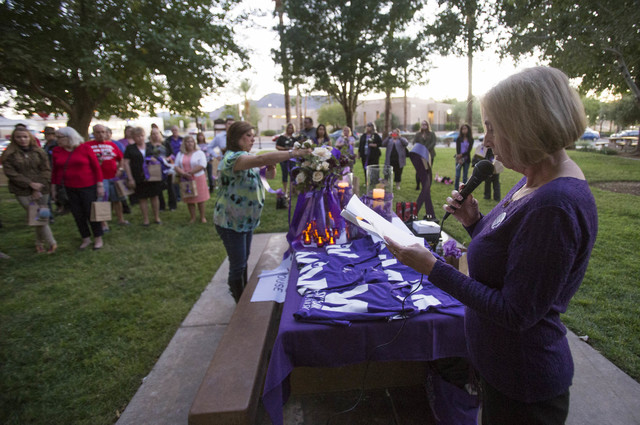Advocate says domestic violence prevention starts with building awareness of healthy relationships
Someone in domestic violence will leave when the time is right.
“It’s not up for anyone else to decide,” said Hannah Brook, director for community & donor relations for Safe Nest.
While a survivor is taking steps toward leaving and potentially developing a safety plan, outsiders can still play a role in the process. The first part is prevention.
Annette Scott, community development and education coordinator at SAFE House, said that starts with building better awareness about healthy relationships.
“Early on, you can see the power and control cycle start to develop,” she said.
People looking in on the relationship can watch for signs such as jealousy, unrealistic expectations, controlling behaviors, isolation, or quick and intense romance.
After trying to talk to pastors, Gina, another survivor who withheld her name for safety reasons, knows that some churches aren’t properly trained to deal with domestic violence.
“They tried to send us to couple’s counseling, like it was a regular marital issue,” she said. “I don’t fault them. I think they have learned.”
Safe Nest has created the Interfaith Project to provide awareness and education to faith-based communities in Southern Nevada. The goal is to train religious leaders to not only have a better eye to spot potentially abusive situations but how to respond in a way that ensures the safety of the victim.
Even if people begin to recognize a friend or family member is in an abusive situation, that’s only part of it.
Julie Ferrari, a domestic violence survivor who relied on Safe Nest, said people should just be willing to listen.
“Don’t judge or don’t harp,” she said. “She sees the bigger picture. Sometimes, it just takes longer to learn to stand on your own two feet.”
Ferrari added that when people start to judge the situation or become negative, the victim might get defensive.
Nancy Slater, another survivor who now volunteers for SAFE House, said if someone opens up about an abusive situation, to make sure they feel love and security and not shame.
“It’s about also not saying, ‘I told you so,’ ” she added. “It’s a shame and blame game, and it’s not fair.”
For more resources on domestic violence, visit safenest.org.
To reach Henderson View reporter Michael Lyle, email mlyle@viewnews.com or call 702-387-5201. Find him on Twitter: @mjlyle.





























